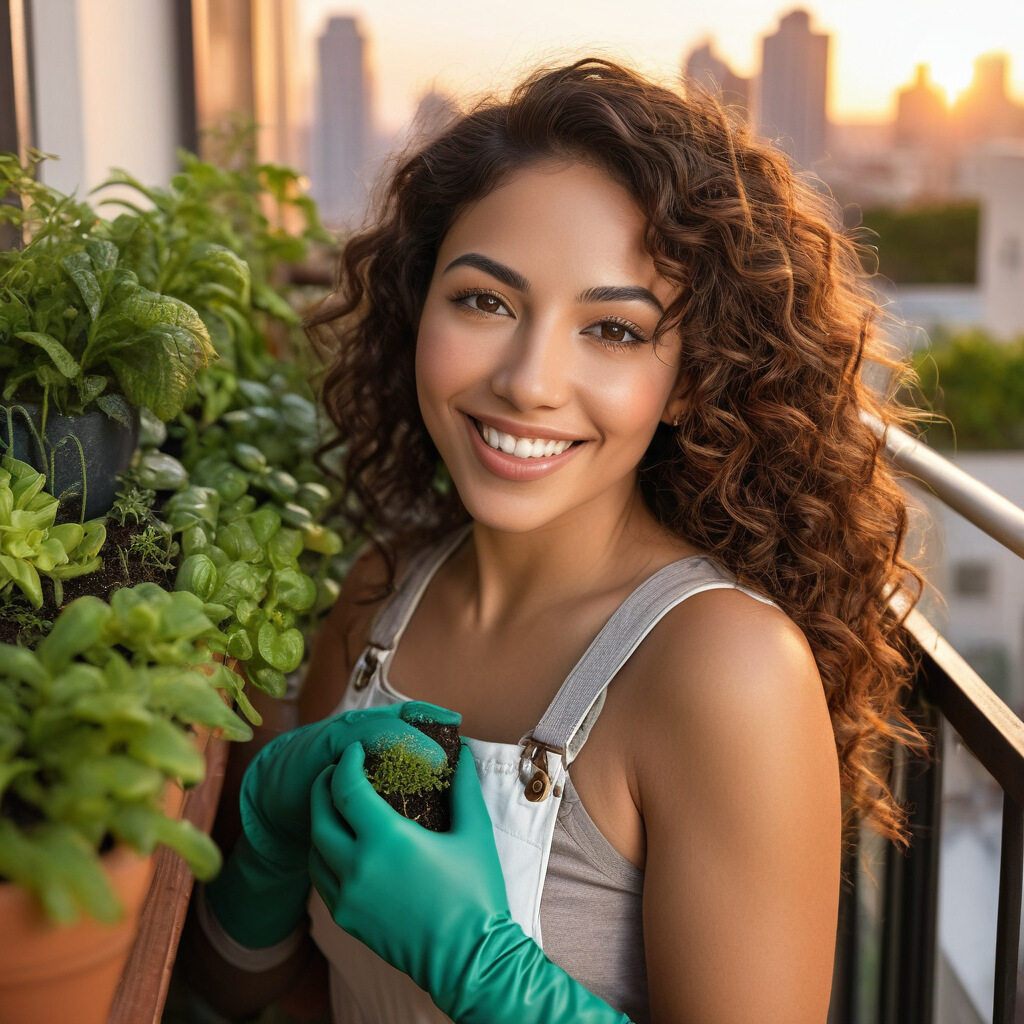The daisy, a delicate and iconic flower, is revered for its simplicity and beauty. With a rich history and cultural significance around the world, the daisy captivates the hearts of gardeners, artists, and scholars alike. This article delves into various aspects of the daisy, from its symbolic meanings in different cultures to its practical applications and ecological importance. Whether you're interested in its artistic inspiration or practical growing tips, there's something about the daisy that appeals to everyone.
The Flower Language of the Daisy
- The daisy symbolizes innocence and purity.
- It represents new beginnings, often used in bridal bouquets.
- In some cultures, it conveys loyal love and patience.
Stories Related to the Daisy
- In Roman mythology, the nymph Belides transformed into a daisy to escape unwanted attention.
- The daisy appeared in medieval legend as a symbol of loyalty and was often associated with knights and their ladies.
- In literature, daisies are used to symbolize purity and innocence, as seen in works like Shakespeare's "Hamlet."
Variety Introduction
| Variety | Characteristics |
|---|---|
| Oxeye Daisy | Commonly found in wildflower meadows, known for its white petals and yellow center. |
| Shasta Daisy | Ideal for gardens, with larger blooms and more robust stems. |
| African Daisy | Offers vibrant colors, including pinks and purples, suited to warmer climates. |
Introduction to Planting and Maintenance
- Plant daisies in well-drained soil and full sunlight.
- Water regularly, but avoid waterlogging, which can cause root rot.
- Deadhead spent blooms to encourage continual flowering.
Historical and Cultural Background
- The daisy is Germany's national flower, symbolizing simplicity and modesty.
- In Norse mythology, the daisy was sacred to Freya, the goddess of love and beauty.
- The daisy was used in medieval times as a charm against evil spirits.
Scientific and Ecological Value
- Daisies provide essential nectar for pollinators such as bees and butterflies.
- They have been studied for their potential in natural medicine, particularly for skin healing properties.
- Genetic research is ongoing to improve disease resistance in cultivated varieties.
Art and Literary Inspiration
- Claude Monet frequently included daisies in his impressionist paintings.
- In poetry, daisies often symbolize innocence, as epitomized by William Wordsworth’s works.
- Daisies have appeared in numerous films and songs as metaphors for simplicity and purity.
Festival and Custom Association
- In some European countries, daisies are part of Easter celebrations, symbolizing rebirth.
- Daisies are common in floral arrangements for weddings, representing new beginnings.
- Historically used in wreaths and garlands during spring festivals to celebrate renewal.
Practical Value and Cross-Border Applications
- Daisies can be used to create natural dyes for textiles.
- Infusions of daisy petals are sometimes used in folk medicine for their anti-inflammatory properties.
- In modern design, daisy motifs are popular in fashion and home decor for their timeless appeal.
Interesting and Cold Knowledge
- The oldest recorded living daisy plant was over 30 years old.
- Some rare mutations lead to daisies with unusual petal colors or shapes.
- A specific type of butterfly, the daisy fritillary, is often found in areas with abundant daisies.
Photography and Gardening Skills
- Photograph daisies in the morning soft light to capture their delicate petals.
- Pair daisies with contrasting flowers, like lavender or poppies, for stunning arrangements.
- Consider growing daisies indoors in a micro-landscape for year-round enjoyment.
In conclusion, the daisy is a flower of profound beauty and diverse significance. Its symbolism spans from innocence to loyal love, capturing the interest of cultures across the globe. Whether cultivated in gardens or immortalized in art and literature, the daisy continues to enchant with its simple elegance and enduring charm. From gardening enthusiasts to poets, the daisy holds a cherished place in the hearts of many.










 浙公网安备
33010002000092号
浙公网安备
33010002000092号 浙B2-20120091-4
浙B2-20120091-4